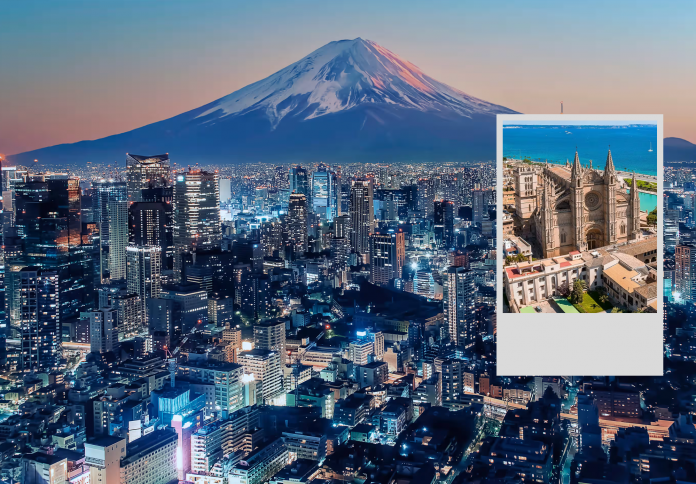The annual Mastercard Travel Trends Report for 2025 paints a compelling picture: European travellers are redefining what it means to get away. Beyond the economic headlines, a new era of purpose-driven travel has taken root—one fuelled by wellness escapes, cultural connection, adventure in nature, and a longing for memory-making moments that feel personal and profound. As bucket-list dreams edge out conventional itineraries, the continent’s holidaymakers are proving that meaning is the new luxury.
Wellness as the New Wealth
One of the strongest signals from the 2025 report is the prioritisation of wellness—a reflection of a growing desire to disconnect in order to reconnect. Italy and Poland have emerged as unexpected champions of wellness tourism, climbing Mastercard’s Wellness Travel Index thanks to a growing number of retreats, spa destinations, and rejuvenating countryside escapes.
But wellness in 2025 isn’t just about detox juice and yoga mats. It’s about realigning with nature, carving out space for mental clarity, and travelling inward as much as outward. From thermal spas in the Dolomites to forest therapy in the Carpathians, travellers are making deliberate choices to support both physical and emotional wellbeing, trading city chaos for silence, stillness, and slow rhythms.
Food, Festivals and the Cultural Frontier
Europeans are also hungrier than ever—for both cuisine and culture. The report shows that culinary tourism continues to surge, with Istanbul topping the charts for international dining diversity and six European cities ranking among the top 10 global foodie destinations. Mykonos, Dubrovnik, Barcelona and Cannes are now as known for flavour as they are for views.
Beyond the plate, cultural immersion is taking centre stage. Whether it’s sampling lesser-known traditions in Albania—Europe’s fastest-growing summer destination—or exploring the artistic depth of Tokyo and Osaka, travellers are looking to engage with local communities, not just observe them. The popularity of events like the Champions League Final in London also reveals how sport is becoming a cultural touchpoint for deeper tourism engagement, boosting spending and creating shared moments across borders.
Nature Is Calling—and the Nordics Are Answering
The wilds of Europe are no longer just backdrops—they are the destination. Nordic countries in particular are enjoying a renaissance in adventure tourism, with forests, fjords and national parks becoming magnets for visitors seeking awe and authenticity. Finland leads the way, with nature-based experiences accounting for more than 7% of total cross-border spending.
This shift reflects a deeper desire among travellers to feel the places they visit—to paddle glacial rivers, hike alpine trails, and wake up to silence. In an increasingly overstimulated world, nature is becoming the ultimate luxury. And countries like Switzerland, France and Norway are proving that the future of tourism may lie in preserving and presenting the wild.
Longer, Smarter, More Meaningful Travel
Not only are people travelling more consciously—but they’re staying longer too. Mastercard’s report reveals a subtle but important shift in business travel: fewer trips, but longer durations. For UK travellers especially, average business trip lengths have increased post-pandemic—an indication that travellers are merging work and leisure into more thoughtful, less fragmented experiences.
And this mindset is echoing across all forms of travel. According to the Mastercard Experience Economy Report 2025, travel is the top discretionary spending priority for Europeans, ahead of fashion or tech. With 70% of respondents citing bucket-list fulfilment as a key motivator, travellers are clearly planning less around trends and more around transformation. Alfresco adventures, meaningful meals, and emotionally resonant moments now matter more than just ticking off monuments.
As Europe continues to heal from global disruption, its travellers are showing the world what a comeback with heart looks like. From mindful meanders to meals that tell stories, 2025 isn’t about going farther—it’s about going deeper. And if Mastercard’s findings are any indication, that journey has only just begun.










